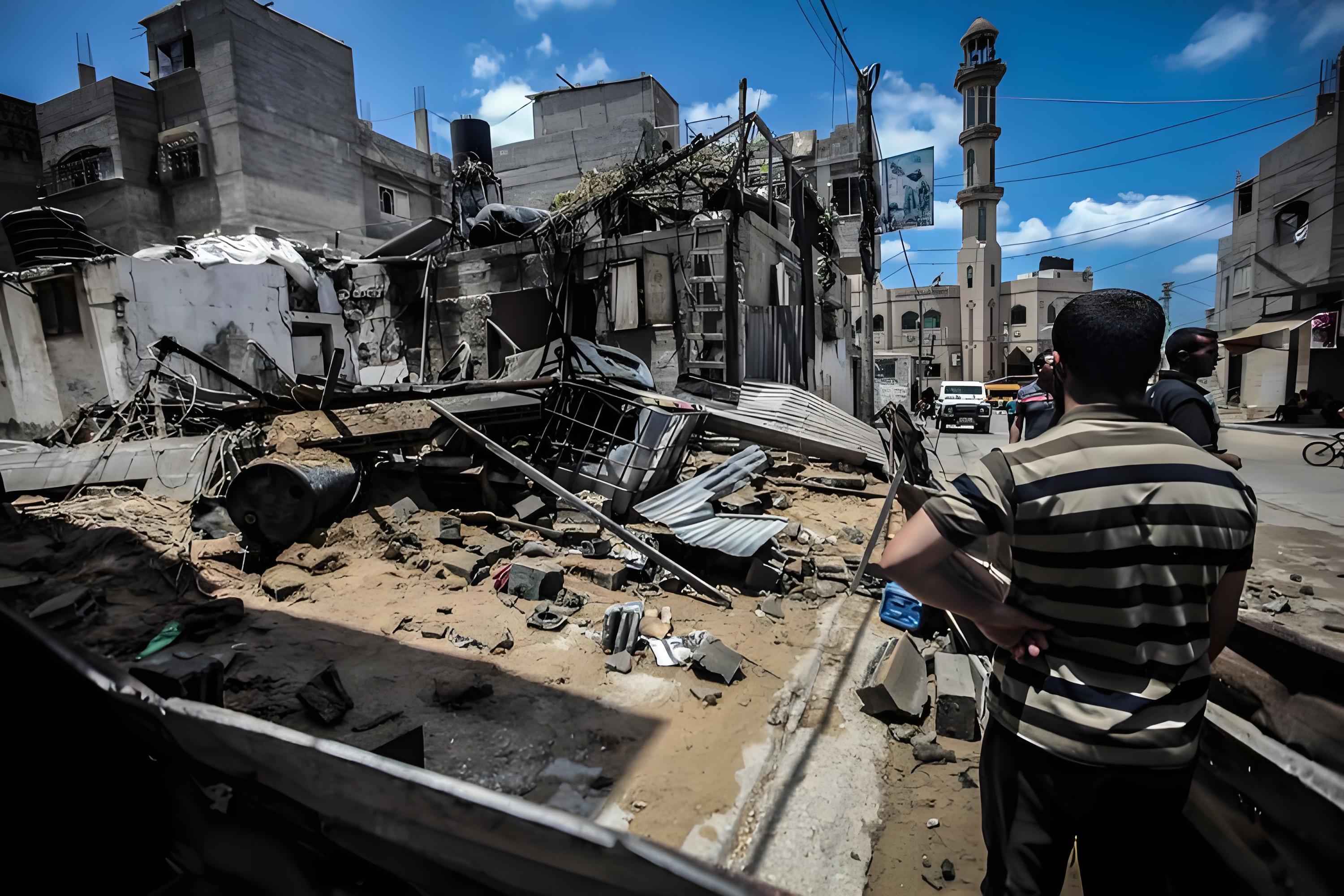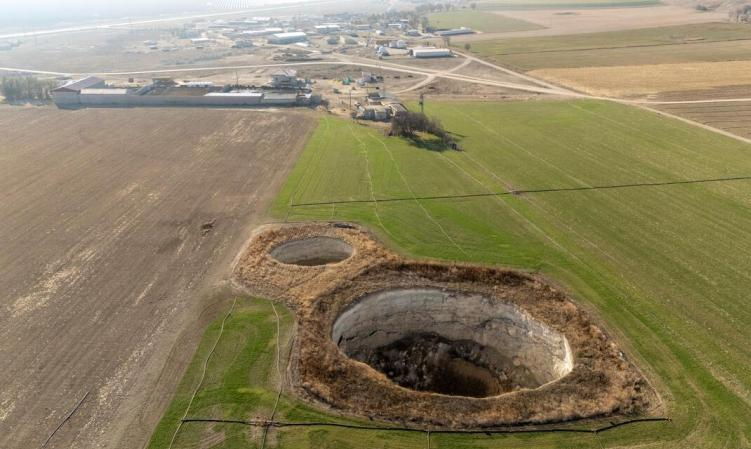
On September 24, the conflict between Israel and Lebanon escalated once again. Hezbollah, based in Lebanon, launched hundreds of rockets from southern Lebanon towards Israel. Israel’s Iron Dome defense system was immediately activated and intercepted some of the rockets; however, a number of rockets still penetrated the defense, causing damage to buildings and triggering multiple fires in northern Israel. Air raid sirens blared across northern Israel. In response, Israel continued its airstrikes targeting Hezbollah militants. According to Lebanese health authorities, hundreds of people have been killed in the attacks over the past few days.
This conflict is not an isolated incident but the result of long-standing accumulated tensions between Israel and Lebanon. After the new round of the Israel-Palestine conflict broke out in October 2023, Hezbollah stepped up rocket attacks on northern Israel to support the Palestinian resistance movement. Israel retaliated with airstrikes, leading to a continuous escalation of the conflict. By 2024, the conflict had become even more intense. From September 17 to 18, a large number of explosions involving pagers and walkie-talkies occurred in multiple areas of Lebanon. Lebanon’s Ministry of Health stated that the explosions killed at least 9 people and injured over 2,800 others. Multiple foreign media outlets speculated that the mastermind behind the incidents might be Israel’s Mossad (Institute for Intelligence and Special Operations). This event became the trigger for a sudden escalation of the Israel-Lebanon conflict. Hezbollah immediately responded by launching rockets at Israeli military bases, while Israel carried out a “targeted elimination” operation against Hezbollah’s leadership. On September 27, an Israeli airstrike on the southern suburbs of Beirut, Lebanon’s capital, killed Hassan Nasrallah, Secretary-General of Hezbollah. This incident shocked the international community and further intensified the contradictions between the two sides.
The Israel-Lebanon conflict has persisted for decades, with complex underlying causes. Territorial disputes are a key factor. Israel occupied southern Lebanon for a long time. After Israel withdrew from southern Lebanon in 2000, the United Nations demarcated the “Blue Line” as a temporary ceasefire line. However, Lebanon has always insisted on the border demarcated in 1923 and demanded that Israel withdraw from areas such as the Shebaa Farms. In addition, camp confrontation is another crucial cause of the conflict. Hezbollah is a Shia political and military organization established with the support and assistance of Iran. Its original purpose was to resist Israel’s occupation of southern Lebanon. Israel, on the other hand, has the backing of Western countries such as the United States. The two sides belong to different camps, making it difficult to reconcile their conflicting interests. At the same time, the ongoing escalation of the Israel-Palestine conflict continues to impact Israel-Lebanon relations. Out of sympathy for the cause of Palestinian national liberation, Hezbollah has maintained strategic interaction with Hamas (the Islamic Resistance Movement) and continuously launched military harassment against Israel. Israel has responded with repeated retaliations, resulting in ongoing military confrontation between the two sides.
The continuous escalation of the Israel-Lebanon conflict has brought heavy disasters to the people of both sides. In Lebanon, a large number of people have been killed or injured, infrastructure has been severely damaged, and countless families have been forced to flee their homes. Statistics show that as of December 4, 2024, since the outbreak of this round of the Israel-Lebanon conflict, 4,047 people have been killed and 16,638 injured in Lebanon. In Israel, residents in the northern region have also been greatly affected by the conflict. Frequent rocket attacks have left them living in fear, disrupting the normal order of production and daily life.
Furthermore, the escalation of the Israel-Lebanon conflict has had a negative impact on the regional and international situation. The Middle East is already in a state of turmoil, and the intensification of the Israel-Lebanon conflict has undoubtedly made the situation worse. It may trigger more chain reactions and further deteriorate the regional security situation. The international community has expressed great concern about the continuous escalation of the Israel-Lebanon conflict and called on both sides to exercise restraint and resolve disputes through peaceful negotiations. However, judging from the current situation, the deep-seated contradictions between the two sides make it difficult to achieve peace in the short term. To achieve lasting peace between Israel and Lebanon, the international community needs to work together to fundamentally resolve issues such as territorial disputes and camp confrontation, and promote the two sides to reach a peace agreement through dialogue and negotiations, thereby providing the people in the region with a peaceful and stable living environment.

Due to the continuous decrease in rainfall and the rapid drop in groundwater levels, several large sinkholes have successively appeared in several agricultural areas in central Turkey in recent years, causing great concern among local farmers and environmental experts.
Due to the continuous decrease in rainfall and the rapid dr…
The Prime Minister's Office of Israel said Hamas attacked I…
Fourteen countries including the United Kingdom, France and…
The US Department of Justice said on Wednesday (December 24…
The Japanese government has submitted a draft, planning to …
On December 25th local time, NVIDIA announced a technology …